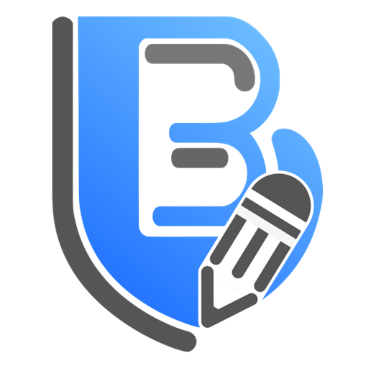Integrity and Fairness in Assessment Through Computer-Based Examinations
Overview

This Learning Enhancement project has been funded through SATLE (Strategic Alignment of Teaching and Learning Enhancement) with the support of the National Forum / HEA.
| PROJECT TITLE: | Integrity and Fairness in Assessment Through Computer-Based Examinations |
|---|---|
| PROJECT COORDINATOR: | Dr Miguel Nicolau, School of Business |
| COLLABORATORS: | Prof Michael O'Neill, Allen Higgins Students: Manali Dixit, Karis Hochhalter Technological University Dublin: Jenny Munnelly University of Galway: Dr James McDermott |
| TARGET AUDIENCE: | Staff, students, and institution |
Background
Many universities (including UCD) are still holding on to the methodology of pen-and-paper examinations, typically ran in large examination halls, as this has been the status-quo of examinations for centuries. While the COVID pandemic motivated more people to trial computer-based examinations, the onset of AI-powered tools has unfortunately forced many evaluators to return to traditional examinations. Yet there is an abundance of advantages to computer-based examinations, but more institutional support is required.
Goals
The project proposed three key objectives:
- Creation of a free version of software that helps generate unique examinations for each student;
- Study of current limitations on the deployment of computer-based examinations, and steps forward;
- Dissemination of results, and motivation of educators and students as to the advantages of adopting computer-based examinations.
Approach
Students were key partners in shaping the approach that the project proposes. One of the student project partners invigilated two large cohort computer-based examinations, whereas the other sat one of those examinations, thus both providing great insight into the process. I also created a large-scale study, with 71 volunteer students, consisting of several exams, with A-B testing of features, and extensive quantitative and qualitative feedback. Finally, 1000 students sat end-of-term exams based on the framework proposed, throughout the project duration, validating the proposed framework.
Results
- A free version of software which helps create unique exam variations for each student was released for both Windows and Macintosh.
- A document with a set of recommendations for UCD Assessment was redacted.
- Support material (website, video, and documentation) was created and deployed.
Resources
A website was created, containing information on the software developed: https://bsgenerator.org